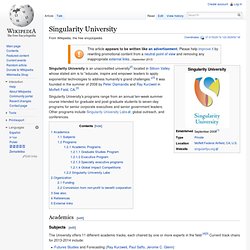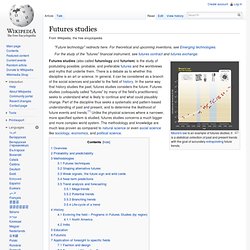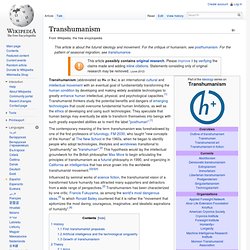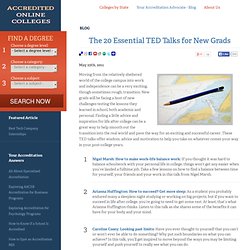

Chopra and Simon : Love, Attraction, Darkside. Steve Jobs, Richard Branson 'more inspiring than Simon Cowell' - Celebrity News. Young people aspire to be like businessmen including Richard Branson, Steve Jobs and Mark Zuckerberg more than Simon Cowell and other figures from the world of entertainment, according to a new survey.

A study from Hotels.com found that 17.5% of 8-15-year-olds wanted to follow in the footsteps of Branson and 16.8% wanted to be like Jobs, compared to 9.6% aspiring to be like Cowell. © PA Images / Paul Sakuma/AP Of the 1,000 children surveyed, only 4.3% said that they aspired to be like US president Barack Obama. Stuart Silberg, VP of technology at Hotels.com, said: "The 'typical celebrity' aspirations are being overtaken by pioneers such as Mark Zuckerberg and Steve Jobs.
"Gadgets have inspired future generations who want to design the next cool phone or website. "A career in technology can open many doors – not only can you work on a diverse range of projects, but it also gives you the opportunity to work on a global scale and have a real impact on society. " 1. Anthony Robbins-5 Keys to Thrive. Singularity University. Singularity University is an unaccredited university[2] located in Silicon Valley whose stated aim is to "educate, inspire and empower leaders to apply exponential technologies to address humanity’s grand challenges.

"[3] It was founded in the summer of 2008 by Peter Diamandis and Ray Kurzweil in Moffett Field, CA.[3] Singularity University's programs range from an annual ten-week summer course intended for graduate and post-graduate students to seven-day programs for senior corporate executives and senior government leaders. Other programs include Singularity University Labs, global outreach, and conferences. Academics[edit] Subjects[edit] The University offers 11 different academic tracks, each chaired by one or more experts in the field:[4][5] Current track chairs for 2013-2014 include: Director of Global Grand Challenges in 2013 is (Nicholas Haan)
Futures studies. Moore's law is an example of futures studies; it is a statistical collection of past and present trends with the goal of accurately extrapolating future trends.

Futures studies (also called futurology and futurism) is the study of postulating possible, probable, and preferable futures and the worldviews and myths that underlie them. There is a debate as to whether this discipline is an art or science. In general, it can be considered as a branch of the social sciences and parallel to the field of history. In the same way that history studies the past, futures studies considers the future. Futures studies (colloquially called "futures" by many of the field's practitioners) seeks to understand what is likely to continue and what could plausibly change.
Transhumanism. Transhumanism (abbreviated as H+ or h+) is an international cultural and intellectual movement with an eventual goal of fundamentally transforming the human condition by developing and making widely available technologies to greatly enhance human intellectual, physical, and psychological capacities.[1] Transhumanist thinkers study the potential benefits and dangers of emerging technologies that could overcome fundamental human limitations, as well as the ethics of developing and using such technologies.

They speculate that human beings may eventually be able to transform themselves into beings with such greatly expanded abilities as to merit the label "posthuman".[1] History[edit] According to Nick Bostrom,[1] transcendentalist impulses have been expressed at least as far back as in the quest for immortality in the Epic of Gilgamesh, as well as historical quests for the Fountain of Youth, Elixir of Life, and other efforts to stave off aging and death. First transhumanist proposals[edit] TEDxUW - Krister Shalm - The poetry of physics, dancing and life. TEDxUW - Larry Smith - Why you will fail to have a great career.
TEDxUW - Natalie MacNeil - Women: The largest untapped block of human potential. The 20 Essential TED Talks for New Grads. May 25th, 2011 Moving from the relatively sheltered world of the college campus into work and independence can be a very exciting, though sometimes rough, transition.

New grads will be facing a host of new challenges testing the lessons they learned in school, both academic and personal. Finding a little advice and inspiration for life after college can be a great way to help smooth out the transition into the real world and pave the way for an exciting and successful career. These TED talks offer wisdom, advice and motivation to help you take on whatever comes your way in your post-college years. Nigel Marsh: How to make work-life balance work: If you thought it was hard to balance schoolwork with your personal life in college, things won’t get any easier when you’ve landed a fulltime job.
Denis Dutton: A Darwinian theory of beauty. WHERE GOOD IDEAS COME FROM by Steven Johnson. Conrad Wolfram: Teaching kids real math with computers. RSA Animate - Drive: The surprising truth about what motivates us.